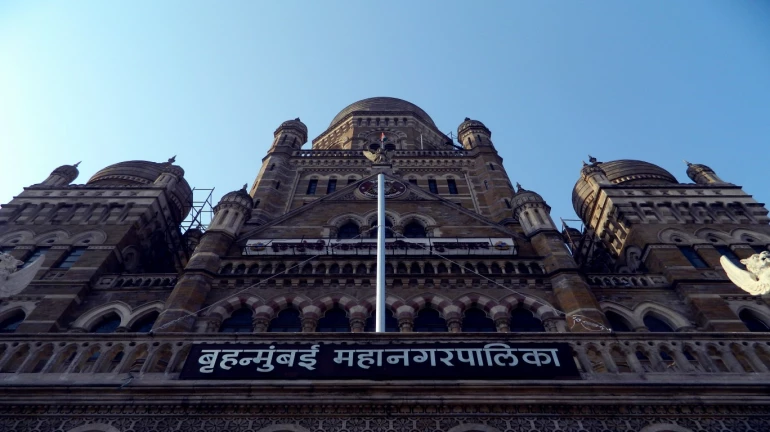
As a preventive measure following an outbreak of a rare neurological disorder Guillain Barre Syndrome (GBS), the Brihanmumbai Municipal Corporation (BMC) has allocated 50 ICU beds with ventilator support in its medical colleges for GBS cases in the city.
These include KEM Hospital in Parel, Sion Hospital, Nair Hospital near Mumbai Central railway station, and Cooper Hospital in Andheri. Apart from this, another 100 ICU beds in Seven Hills Hospital, Marol, could be commissioned at short notice.
This development comes amid an escalation in the number of patients suffering from the auto-immune disease in Pune and other cities of the state. However, it is pertinent to note that there are fewer cases in Mumbai at the movement.
The BMC public health department also wants all hospitals in the public and private sector to notify it about any new GBS cases.
The civic health department conducted a review of public and private hospitals and found that there is no increase in GBS cases in the city.
Additionally, BMC’s advisory also suggested people consume boiled water and cooked meals, and see a doctor if they experience sudden weakness. They also appealed to citizens to approach the nearest civic hospitals if infected by GBS and not to panic.
Maharashtra Chief Minister Devendra Fadnavis on Tuesday, January 28, ordered public health department to make special arrangements in government hospitals to treat the GBS patients.
He also asked the administration to include GBS in the government’s Mahatma Jyotiba Phule Jan Arogya Yojana so that the financially impoverished could seek cost-free treatment.
The current GBS case-load in Pune itself is 111. In Kolhapur two patients are being treated in a government hospital, five in Solapur (although they came from outside the city) and three in Nagpur, of which one is on ventilator and is showing improvement. In Nagpur two patients were discharged after treatment.
A suspected GBS patient had died in Solapur district, making him possibly the first GBS-linked fatality in Maharashtra. The 40-year-old native of Solapur is suspected to have contracted the infection during his visit to Pune.
Here's all you need to know about GBS as explained by Dr Pavan Pai, Consultant Interventional Neurologist, Wockhardt Hospitals, Mira Road:
What is Guillain-Barre Syndrome?
Guillain-Barre Syndrome (GBS) is a rare condition where your body’s immune system tends to attack the nerves. It can further cause extreme weakness, tingling sensation, and even paralysis in some cases. Typically it affects your limbs at first but it can quickly progress further if neglected.
It is a common misconception that GBS is a virus. It is not a virus, but a rare condition that is usually caused by an overactive response from your immune system. It is not typically deadly but can invite severe complications if left untreated. Delayed treatment can lead to breathing difficulties or long-term complications, highlighting the importance of consulting a doctor.
Symptoms:
One can experience a range of symptoms associated with GBS. This can include symptoms like weakness, tingling sensation in the legs, difficulty in walking, and paralysis. GBS can be easily triggered by an infection, like a viral or bacterial infection. These infections can encourage your immune system to mistakenly attack the nerve cells.
Who is most affected?
GBS can affect anyone irrespective of age or gender. However, it is more common in adults and older people. Sometimes, one can develop GBS after infections such as viral flu or gastrointestinal infections.
What are the precautions/treatments?
Unfortunately, there aren’t any preventive measures one can follow to prevent or reduce the risk of GBS, but immediately consulting a doctor if you start to experience any symptoms can be helpful.
Your doctor may suggest treatments like plasmapheresis (removing harmful antibodies) or immunoglobulin therapy to manage symptoms while hoping for speedy recovery.
Can it lead to death?
Death due to GBS is a rare occurrence.





